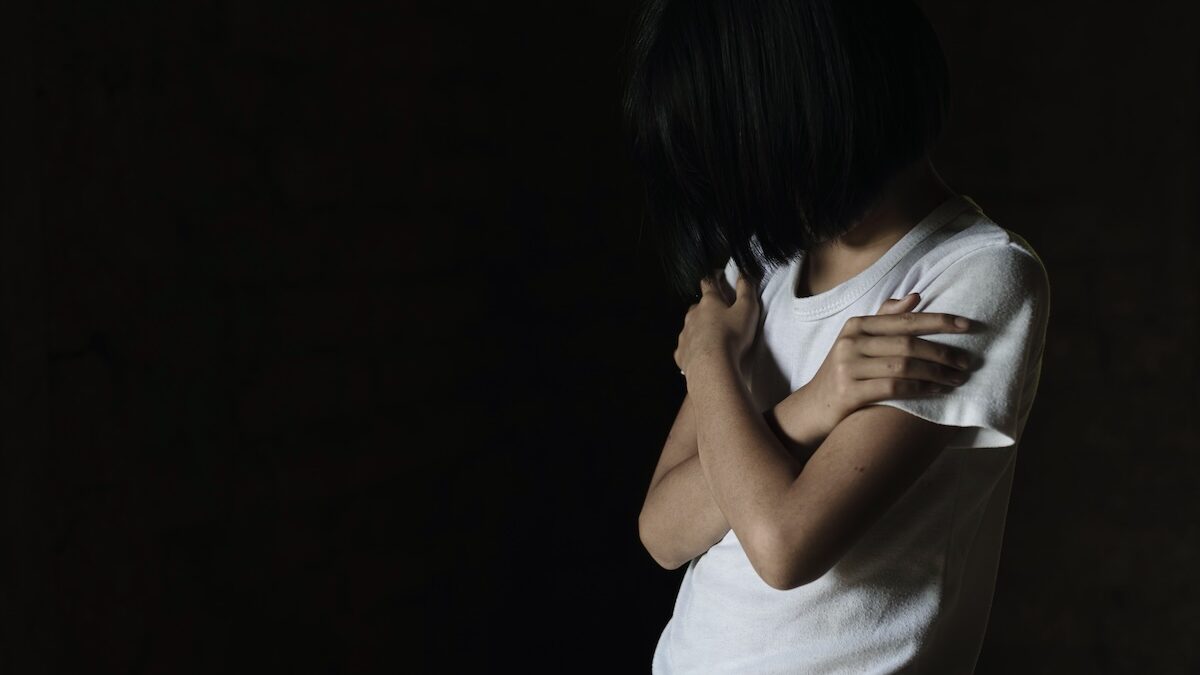In the face of unprecedented global challenges like the Covid-19 pandemic, we have witnessed the profound impacts possible when treating crises with urgency and adopting a public health approach.
I was privileged to see this myself at close quarters in a previous role when I helped provide data for the weekly Office for National Statistics surveillance reports on the coronavirus. The data equipped decision makers with crucial knowledge to best inform the policy responses that guided the UK through one of its greatest modern challenges.
However, there exists a pressing, albeit less visible, crisis that demands an equally rigorous preventative response: child sexual exploitation and abuse (CSEA).
The Childlight Global Child Safety Institute, for which I now work as a research fellow, views this problem as a hidden pandemic. But we are using the illuminating power of data to shine a light – to help ensure that children no longer have to live in the darkness of sexual exploitation and abuse.
Earlier this year we produced the world’s first global estimates of the prevalence of online CSEA, indicating that it affects over 300 million children each year (about 10 cases every second).
And behind every number there is a child liable to enormous damage to their physical, emotional, and psychological well-being. CSEA, whether it involves non-consensual sharing of images, sextortion or A.I.-generated deepfake, leaves lifelong scars. Evidence links it to poorer mental health, physical health (including chronic disease and early death), high risk behaviours, negative educational outcomes and under-employment.
Like a contagious disease, child sexual exploitation and abuse can also have a ripple effect throughout societies because the health of our children is fundamentally interconnected with the overall wellbeing of our communities.
We also estimated that about 1.8 million men in the UK have sexually offended against children online. That’s enough to fill Wembley Stadium 20 times and it’s roughly 18 times the total capacity of the UK’s prisons. So, as we argued when the former BBC broadcaster Huw Edwards was convicted for making indecent images of children, this is clearly too big for the criminal justice system to tackle on its own, and after damage to victims has already been done.
Like the World Health Organization, UNICEF and many others, Childlight – funded by the Human Dignity Foundation and hosted by the University of Edinburgh – supports a different approach. Addressing this public health emergency with a public health response.
It starts with data, the foundation on which good policies are built. By continuing to collect and analyse data on prevalence, patterns, on drivers and on what works, we support the development of targeted interventions and policies – with preventative strategies and the allocation of resources where they are most needed.
However, we face another challenge: much of the data required to provide the best evidence for this crisis and act as a catalyst to drive change at a country and global level is missing, incomplete or unreliable in a great many countries. If we are to persuade more decision makers to do what must be done at pace, this needs to change. Therefore, we are appealing for a greater focus by public bodies on commissioning research – and for more holders of data to share it with us, whether it is hard to reach administrative data, population-based surveys or data captured in other ways.
A public health approach means going beyond immediate crisis response. It requires a long-term commitment to education, prevention, and support systems for survivors. Public awareness campaigns, similar to those for disease prevention, can play a pivotal role in changing societal attitudes, reducing stigma, and encouraging reporting. Education programmes must be implemented at all levels — from schools to community organisations — empowering children and adults alike with knowledge and tools to recognise and prevent abuse. Appropriate regulation and legislation, along with social media companies embracing safety by design — just as we expect the food we eat, the medicines we take and the homes we live in to be made safely.
By working collectively in common cause and leveraging the same public health frameworks used to combat infectious diseases, we can create an environment where child protection is prioritised and the cycle of abuse is broken. A world where every child is safe from exploitation and abuse.
Dr Inga Vermeulen will be speaking at Digital Justice & Policing next Tuesday, October 8, in Glasgow.




